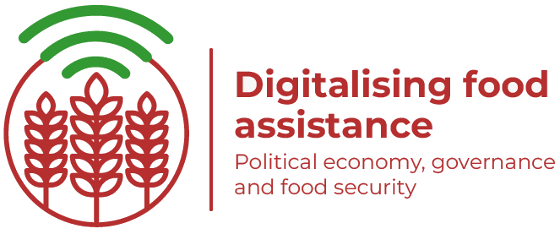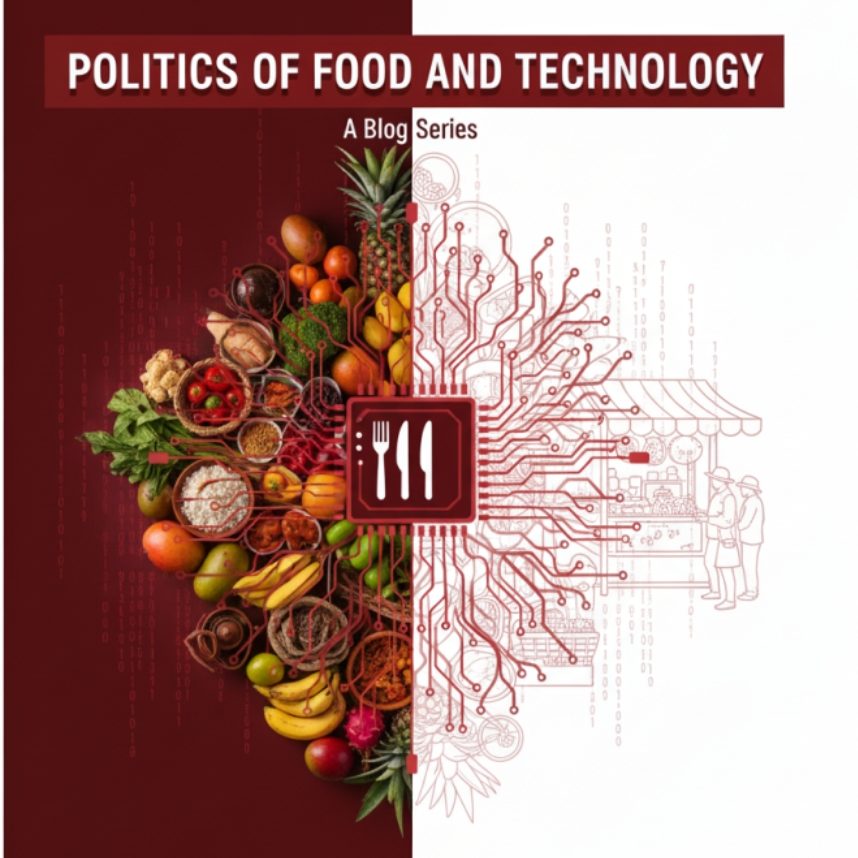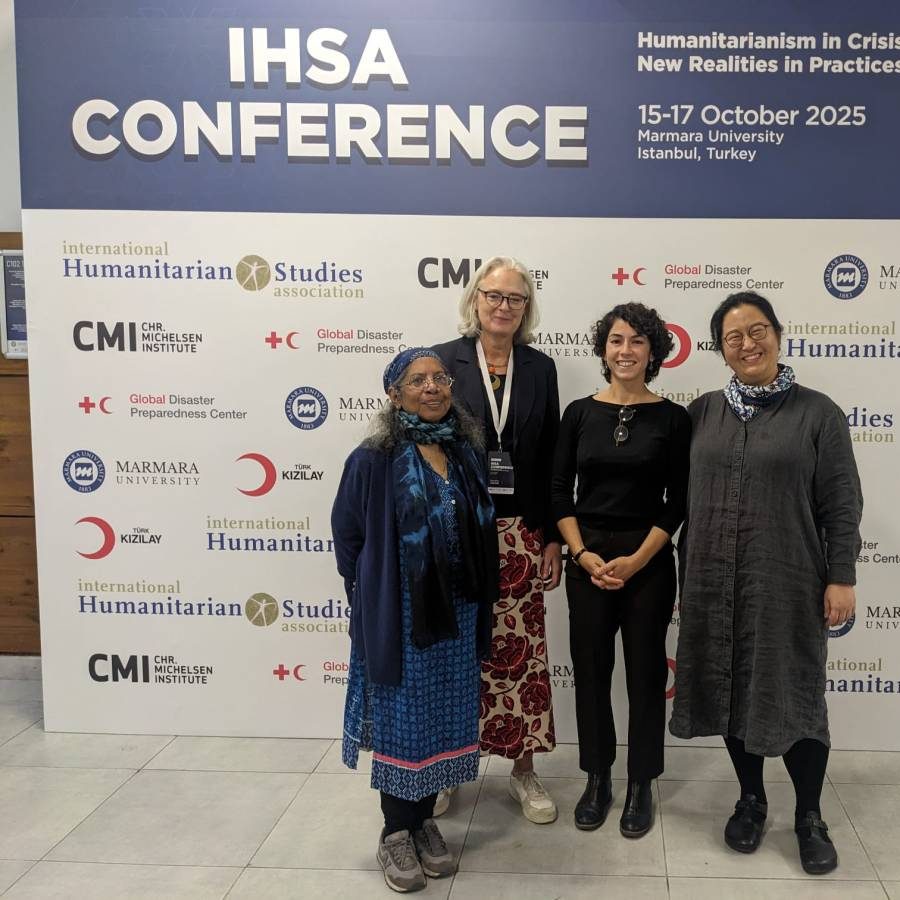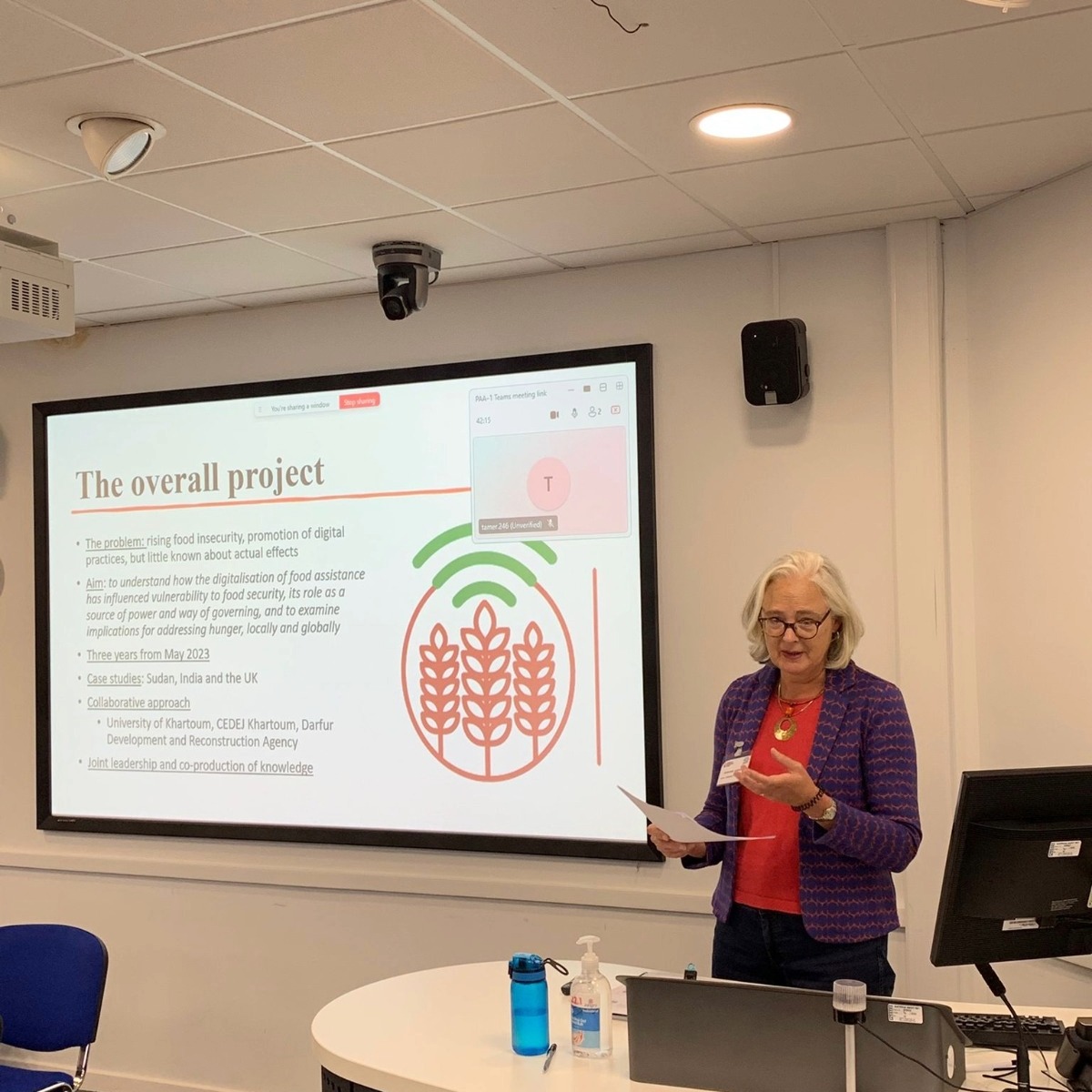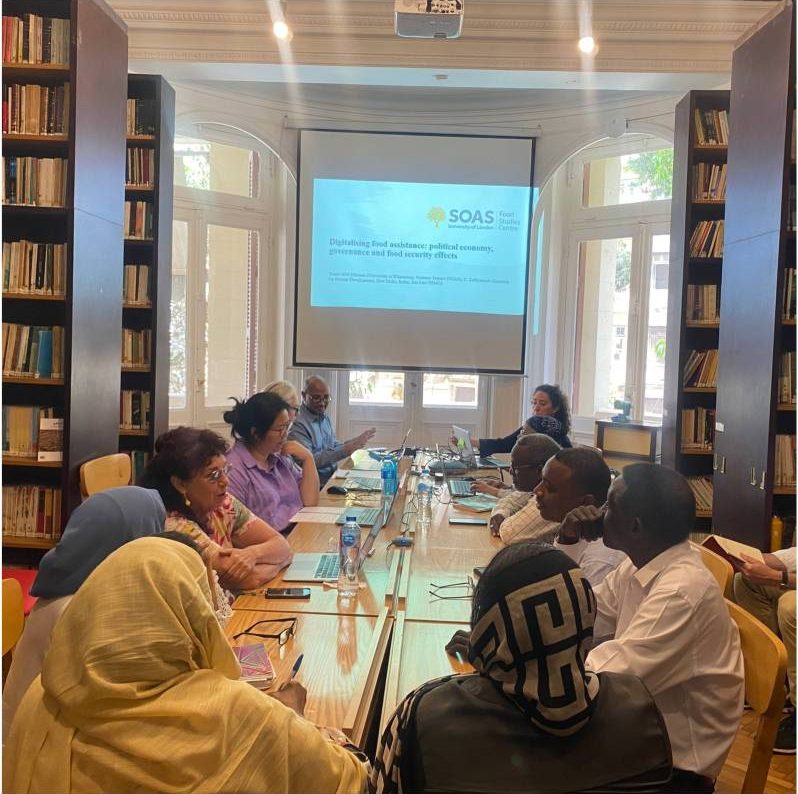The Politics of Food and Digital Technologies in Changing Global and Local Crises
Together with the International Humanitarian Studies Association (IHSA), the team has edited a blog series on ‘The politics of food and technology’ based on their IHSA conference panel.
